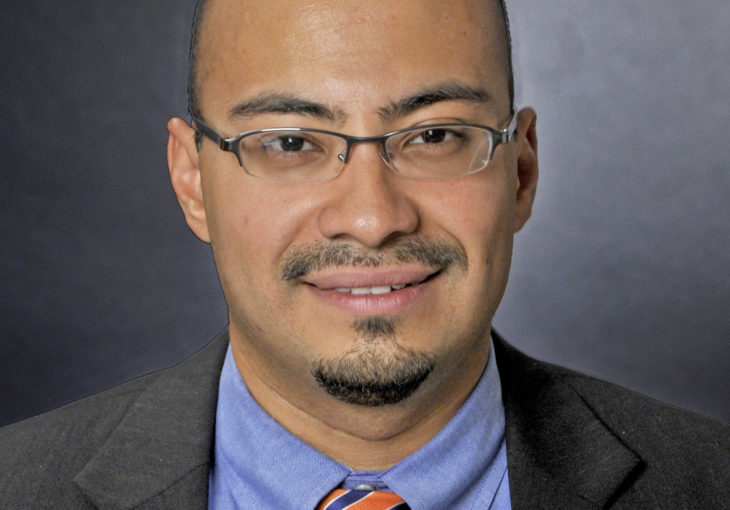A consortium that coordinates the efforts of local and regional cardiovascular disease prevention programs helped states achieve major goals for eliminating health disparities, according to preliminary research to be presented at the American Heart Association’s Scientific Sessions 2019 in Philadelphia.
Researchers implemented the Northeast Health Equity Consortium in eight states (Maine, Vermont, New Hampshire, Rhode Island, Massachusetts, Connecticut, New York and New Jersey) to help decrease heart disease and stroke disparities in at-risk communities by harnessing the collective power of community leaders, organizations and other stakeholders.
“Decades of research has shown that it’s hard to make a difference in health disparities when programs work alone,” said study author Lenny López, M.D., chief of hospital medicine at the University of California San Francisco/San Francisco VA Medical Center. “Through this consortium, we shared best practices and selected and coordinated existing national and regional resources of the American Heart Association with local partners and community organizations. Together, we were able to capitalize on existing resources and build new networks of support that proved to be successful.”
In three years, the consortium helped states accomplish eight major goals to improve heart disease and stroke health equity. These included developing regional strategies to address disparities, fostering collaboration with government departments that promote cardiovascular health equity and measuring results at the community and state level.
The Cconsortium’s achievements include:
- Supporting communities’ implementation of the American Heart Association’s high blood pressure control initiative Target: BP, resulting in more than one million free blood pressure screenings across the consortium’s eight states;
- Organizing the Latino Health Summit in New York City, attended by 300 community health leaders;
- Organizing the Health Equity Summit in Hartford, Conn., which 150 community leaders attended;
- Awarding $30,000 in grants to nine local organizations to support innovative health equity work;
- Developing an electronic, web-based, community Health Equity Dashboard to make local data on heart disease and stroke more transparent and accessible; and
- Developing cardiovascular disease educational webinars.
“Community engagement is a key tenet to reducing disparities in cardiovascular health,” López said. “What’s so novel about the success of this Consortium is that we took the collaborative power of individual organizations and scaled it to reach people where they are. This is something that can be done across the U.S. to help address prevention of cardiovascular disease risk factors and cardiovascular disease disparities in at-risk communities and promote health equity.”
